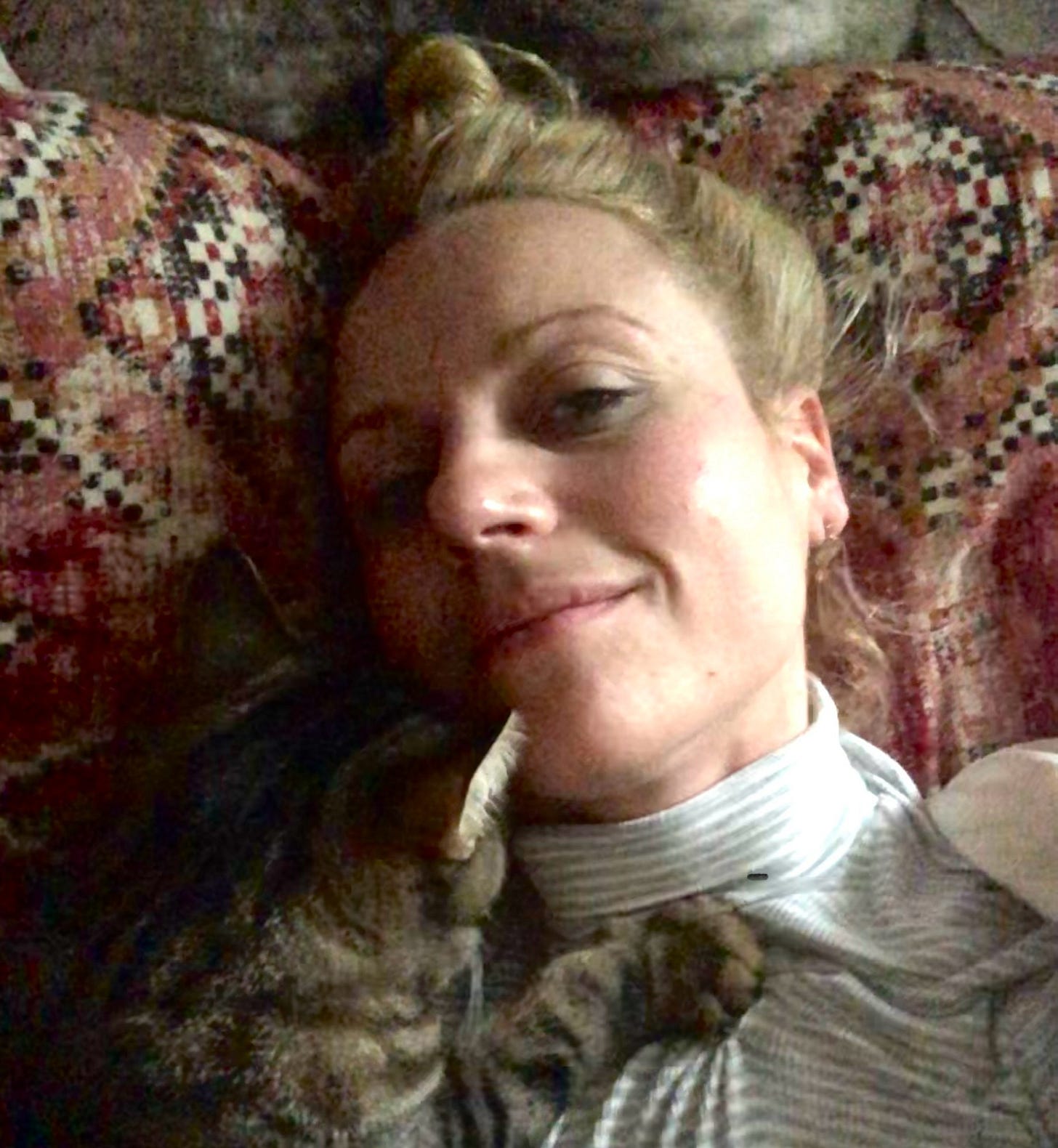🧭 Session 6: Functioning Labels Are Harmful to Us All
🌿 Transformative Education for Neurodivergent Liberation

“When you think categorically, you have trouble seeing how similar or different two things are. If you pay lots of attention to where boundaries are, you pay less attention to complete pictures.”
— Robert Sapolsky, Behave: The Biology of Humans at Our Best and Worst
📌 If you’re just joining us, I recommend reading [Session 1 – Why I’m Leading This Workshop (My Positionality)] for shared agreements and to understand how this space is held.
The Lie of Functioning Labels
I’ve been called “high-functioning” more times than I can count.
They said it when I was masking so hard I could barely breathe.
They said it when I burned out so completely I couldn’t get out of bed.
They said it after I asked for help—and was told I didn’t “look like” I needed it.
But functioning labels don’t measure reality.
They measure perception.
“High-functioning” is code for convenient to others.
“Low-functioning” is code for inconvenient to systems.
Neither tells the truth of a human life.
Functioning Is Not Fixed
Some days I can teach, write, advocate, and build entire frameworks.
Other days I can’t process basic instructions or respond to texts.
My support needs didn’t disappear because I had a good day.
And they don’t invalidate me because I had a bad one.
Functioning is not a static state.
It’s relational. It’s contextual.
It changes with environment, safety, regulation, health, and capacity.
The labels erase that.
They trap us in frozen snapshots of who we “should” be.
They rob us of flexibility, grace, and the right to fluctuate.
The Medical Myth
Functioning labels were never made for us.
They were made by systems—to sort, to manage, to control.
Originally developed to describe autistic children in clinical contexts,
these labels were imported into community language—where they don’t belong.
Because what happens when you tell someone they’re “low-functioning”?
You strip them of agency. You infantilize them. You ignore their growth.
And what happens when you tell someone they’re “high-functioning”?
You disbelieve their pain. You deny their needs. You erase their struggles.
Both labels harm.
Both labels lie.
Because no one functions the same in every space, all the time.
We Deserve Better Language
We deserve language that sees our full complexity.
That makes room for both capability and need.
That doesn’t rank us, flatten us, or pit us against one another.
When we say “support needs,”
we should be talking about how the environment needs to adapt—
not how the person needs to prove their legitimacy.
I am someone with high support needs.
But because I speak clearly, work hard, and “look fine,” I’ve been denied those supports.
My pain has been invisible because my functioning was too legible to the system.
That is not support. That is performance.
No More Hierarchies, No More Harm
We are not better or worse because of how we appear.
We are not less or more deserving based on how others interpret our regulation.
I’ve watched people in our community weaponize functioning labels to claim status.
I’ve seen creators dismiss others as “low-functioning” while claiming liberation for themselves.
I’ve heard support needs questioned because someone had a day of clarity.
That is not liberation. That is the system still living in us.
We will not build a future of care by reenacting the same oppressive logics.
We are not competing for validation.
We are co-creating a space where complexity is honored.
🧘🏽♀️ Reflection Prompt
Take a breath. Sit with these questions—not to judge yourself, but to notice:
When have I been labeled based on how I “functioned” that day?
How did that label support or harm me?
Have I ever labeled someone else in a way that limited their truth?
What would support look like if it didn’t require proof of struggle?
Who am I—beneath what others expect of me?
Let your answers be fluid. They may shift tomorrow. That’s not failure—it’s being human.
💫 New Sessions Every Monday & Wednesday
This 12-week journey unfolds twice a week—every Monday and Wednesday—with each session building on the last.
You can view the full session lineup here, and here’s what’s coming next:
✨ Session 7 – Support Needs Are Not a Hierarchy
We’ll explore how support needs are often misrepresented, how they fluctuate with environment and trauma, and why naming your needs honestly is an act of liberation.
👇 Drop a comment if you’d like to be tagged in future sessions, or follow along at your own pace. This space is for you.
💖 A Note on Support
This work will never live behind a paywall.
It’s here to be accessible, co-created, and shared freely.
If you have the means to support it through a paid subscription, it helps sustain this series, supports my work as a neurodivergent creator, and directly contributes to The Compassion Collective—a community rooted in justice, mutual care, and transformative change.
Every subscription, every share, every note of resonance keeps this work alive.
Thank you for walking with me.
🦩
Shamani of The Compassion Collective





So on point!! Thank you for sharing!
This is probably the best explanation of why high and low functioning labels are why they need to go I've ever read. And I think it's the most accessible for non-autistic people as well.
As I read this, I couldn't help but think about James C. Scott's book, "Seeing Like a State," where he talks about this drive towards legibility, towards labeling and categorizing and making static and making metricable, if that's a word. I think that's exactly why these labels are used.